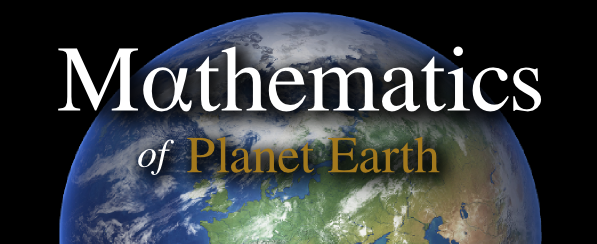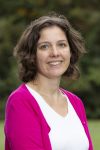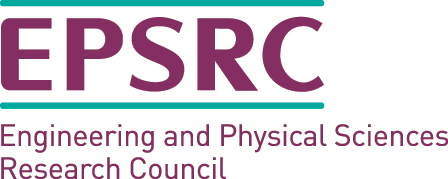Summer school in Ghana and the SWIFT project
This July I had the amazing experience of finally visiting the country that I have spent the past 18 months reading about and trying to understand the rainfall patterns over, namely Ghana. Despite spending my days staring at rainfall data, I only got to experience 2 days of rain because of the unfortunate timing of travelling there during the short dry season (who complains about not having rain on their travels?!).
Ghana, like many African countries, have a high proportion of small hold farmers whose entire livelihood depend on rain-fed crops. Naturally, they are pretty interested in the weather. If you complain about how often the Met office gets the forecast wrong, you should spend some time in Ghana during the rainy season.
In Europe we have the advantage of being further away from the equator, which means that we can use the laws of physics to determine in which direction clouds will travel and close to all rainfall comes from rainclouds that have developed over the ocean and are carried in over land. Around the equator, much of the rain comes from rainclouds that form over land because of the very humid air (good luck on drying a towel outside), and no one knows how to accurately forecast these kind of clouds (yet). And just like the rest of us, people in Ghana and other African countries would like better forecasts and know how climate change will affect the length and timing of the monsoon (you might not care about the monsoon but find a single person who does not care about rain).
As a way of preparing the next generation of researchers to work in this area, a summer school on Tropical meteorology over West and East Africa was arranged at the Kwame Nkrumah University of Science and Technology (KNUST) in Kumasi, Ghana. They invited people from Europe and Africa working as operational forecasters, PhD students and people at the national met services to exchange knowledge and learn everything there is to know about West and East Africa meteorology (maybe not everything, but a lot!).
The school had a great mixture of sessions on well-established knowledge on African meteorology, results from very recent research and practical sessions on satellite-based rainfall (yes satellites can do more than help you find the nearest coffee shop) and forecast evaluation, among many other things. Every morning we made our own forecasts for the next 24 hours (not as easy as one might think!) based on the temperature, humidity and wind speed at different heights in the atmosphere. We got better as the weeks progressed, but I am glad that no one tried to plan their picnic from our forecasts.
Since a lot of the research over Africa is done to try and support farmers, national disaster agencies and aid organisations, some of these users were invited on the Saturday to talk about what they want from us as scientists. Sometimes us researchers forget that it is the users that usually knows best what kind of information they need and how far in advance they need it to make a difference. So those were the two main questions that the users were asked to answer and give us some insight on. This was a session I think many of us researchers needed to shift our mindset from our academic bubble to the real world that we want to make a small improvement to.
Of course we could not travel all the way to Ghana just to sit inside a university campus (even though it is a massive campus with its own botanical garden, which is more of a forest). One of the afternoons offered a field trip to the only natural lake in Ghana, Lake Bosomtwi (they have Lake Volta as well which is a man-made lake). This lake is either an impact crater or a small pond of water into which an injured antelope disappeared and created a lake, depending on who you ask. Regardless of which, it is a sacred lake in a stunning surrounding. Another afternoon we visited the market in Kumasi, which is said to be the largest market in all of west Africa (hold on to your friend or you will never find each other again). It is an incredible mixture of fabric, shoes, food that you both recognise and have no clue what it is and everything else you might need. If you think Oxford street around Christmas is hectic, this is another level!
This summer school will be one of the highlights of my PhD (even though I will not be able to eat chicken and rice for a while). It was an invaluable experience to meet all the people from such diverse backgrounds and it really gave me the deep understanding of the meteorology and the many challenges we face before we can get reliable forecasts in this part of the world!
I want to thank the SWIFT (Science for Weather Information and Forecasting Techniques) project and the Department of Physics at KNUST for organising this, the UK Global Challenges Research fund and Young Earth Scientists Community for the funds they provided and last but not least the Mathematics of Planet Earth CDT for the additional funding that made this trip possible.

Reported by Jennifer Israelsson.






